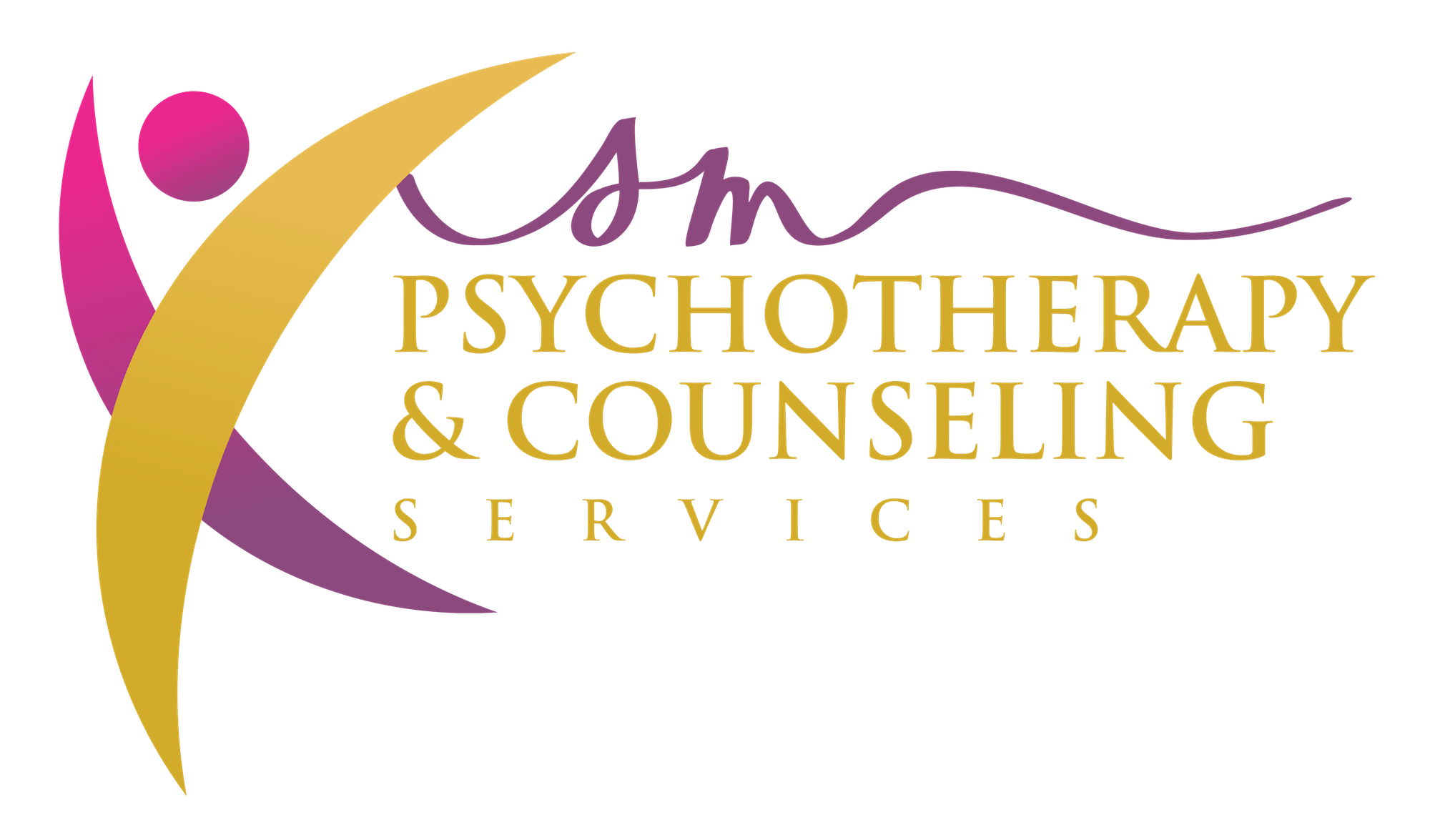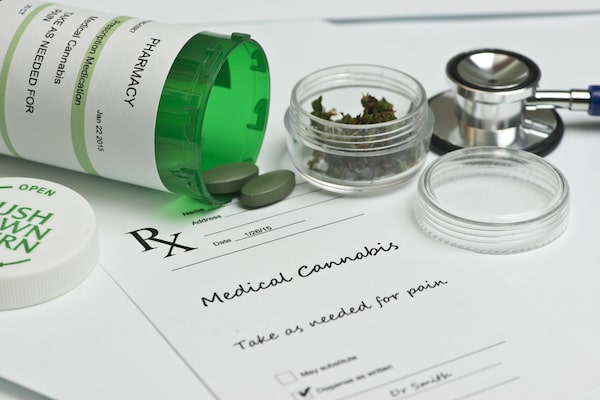
Medical marijuana describes the active compounds (delta-9 tetrahydrocannabinol) TCH and CBD (cannabidiol) from the cannabis sativa plant. CBD is known to reduce inflammation and provide calming benefits, and THC is the compound that makes users feel intoxicated. Some medical marijuana products contain only one of these compounds, and some contain.
Once illegal throughout the United States, medical marijuana is legal in many states for people with qualifying conditions. Our providers offer medical marijuana evaluations and services in both Connecticut and New York.
What Conditions Qualify for a Medical Marijuana Card?
The first step to getting a medical marijuana card in your state is to find out if you have one of the qualifying conditions. The conditions that qualify people for medical cannabis vary from state to state.
Qualifying Conditions in New York:
- cancer
- HIV infection or AIDS
- amyotrophic lateral sclerosis (ALS)
- Parkinson’s disease
- multiple sclerosis
- spinal cord injury with spasticity
- epilepsy
- inflammatory bowel disease
- neuropathy
- Huntington’s disease
- post-traumatic stress disorder
- chronic pain that degrades health and functional capability
In New York, you must also have a complicating medical condition including cachexia or wasting syndrome, severe or chronic pain, severe nausea, seizures, severe or persistent muscle spasms, PTSD, or opioid use disorder.
Qualifying Conditions in Connecticut:
Connecticut differentiates medical conditions for patients over and under age 18. For adult patients, qualifying conditions include:

- Cancer
- Glaucoma
- HIV or AIDS
- Parkinson’s Disease
- Multiple Sclerosis
- Damage to the Nervous Tissue of the Spinal Cord with Spasticity
- Epilepsy
- Cachexia
- Wasting Syndrome
- Crohn’s Disease
- Post-Traumatic Stress Disorder
- Sickle Cell Disease
- Post Laminectomy Syndrome with Chronic Radiculopathy
- Severe Psoriasis and Psoriatic Arthritis
- Amyotrophic Lateral Sclerosis (ALS)
- Ulcerative Colitis
- Complex Regional Pain Syndrome, Type 1 and Type II
- Cerebral Palsy
- Cystic Fibrosis
- Irreversible Spinal Cord Injury with Spasticity
- Terminal Illness Requiring End-Of-Life Care
- Uncontrolled Intractable Seizure Disorder
- Spasticity or Neuropathic Pain Associated with Fibromyalgia
- Severe Rheumatoid Arthritis
- Post Herpetic Neuralgia
- Hydrocephalus with Intractable Headache
- Intractable Headache Syndrome
- Neuropathic Facial Pain
- Muscular Dystrophy
- Osteogenesis Imperfecta
- Chronic Neuropathic Pain Associated with Degenerative Spinal Disorders
- Interstitial Cystitis
- MALS Syndrome (Median Arcuate Ligament Syndrome)
- Vulvodynia and Vulvar Burning
- Intractable Neuropathic Pain that Is Unresponsive to Standard Medical Treatments
- Tourette Syndrome
- Chronic Pain of at least six months duration associated with a specified underlying chronic condition refractory to other treatment intervention
- Ehlers-Danlos Syndrome Associated with Chronic Pain
- Chronic Pancreatitis
- Movement disorders associated with Huntington Disease
For patients under 18 in Connecticut, qualifying conditions include:
- Cerebral Palsy
- Cystic Fibrosis
- Irreversible Spinal Cord Injury with Spasticity
- Severe Epilepsy
- Terminal Illness Requiring End-Of-Life Care
- Uncontrolled Intractable Seizure Disorder
- Muscular Dystrophy
- Osteogenesis Imperfecta
- Intractable Neuropathic Pain that Is Unresponsive to Standard Medical Treatments
- Tourette Syndrome for patients who have failed standard medical treatment
- Chronic Pancreatitis for patients whose pain is recalcitrant to traditional medical management
Applying for a Medical Marijuana Card
The first step to applying for a medical marijuana card is to have a health care provider certify that you have one of the qualifying conditions. After that, the process differs depending on your state. Our office can walk you through the process during your consultation.

If the medical marijuana patient cannot get their medical marijuana from a dispensary, an authorized caregiver can go for them. We will discuss these needs and any other individual needs during your appointment in preparation for the patient application.
In addition to the certification from a medical provider, you’ll need proof of residency and a photo identification card or driver’s license (or birth certificate for those under 18). There’s also an application fee for the medical marijuana program. You can find detailed registration instructions and create an online account for New York and Connecticut.
What Do I Do Once I Have a Medical Marijuana Card?
Once you have a medical marijuana ID card, you can visit your assigned dispensary to discuss options for treatment. New patients often find it helpful to talk with a pharmacist about strains and treatment options before purchasing cannabis products. If you’re ready to discuss medical marijuana as a treatment option, call our office for a consultation. We’ll guide you through your options, discuss the application process, and answer any questions you have.



